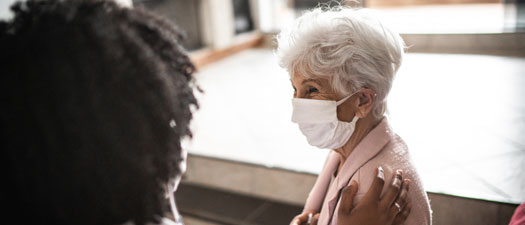Oncology and hematology | Cancer care | Treatment | Side effects
There are many types of cancer and cancer treatments. Some patients get only one type of treatment, while others get a combination of treatments. Whatever your situation is, we’ll review your options with you and help you decide what’s best for you.
We will:
- Explain why we’re recommending certain treatments
- Go over the benefits and possible side effects of each
- Answer any questions you may have
- Help you prepare for the treatment(s) you choose
Chemotherapy
-
OR
-
OR
-
OR
-
OR
-
OR
-
OR
-
OR
-
OR
Radiation therapy
-
OR
-
OR
-
OR
Surgery
-
OR
-
OR
-
OR
Helpful links
Helpful resources
——

Health and wellness
Looking for ways to feel your best? Check out our wellness library and community events.
Top


